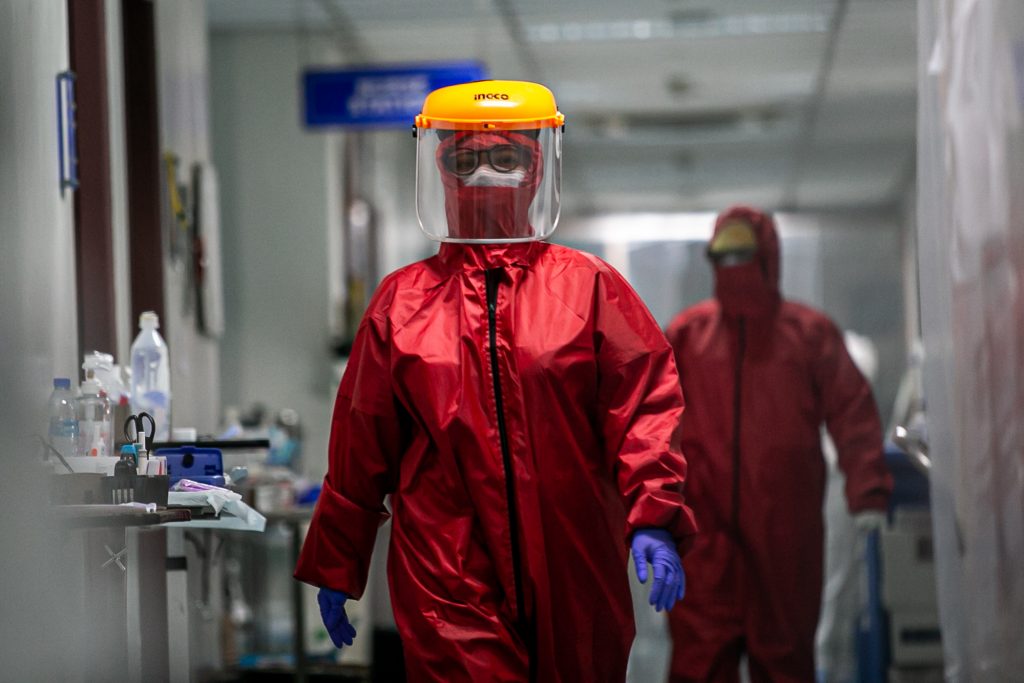
The International Labor Organization (ILO) this week called for the integration of better national occupational safety and health policies into the crisis response of countries.
In a report released on April 28, World Day for Safety and Health at Work, the ILO noted that countries need to put in place sound and resilient occupational safety and health (OSH) systems that would minimize the risks for everyone in the world of work in the event of future health emergencies.
The report titled “Anticipate, prepare and respond to crises. Invest now in resilient OSH systems,” examines risk prevention and management relating to the pandemic, and analyses other health and safety risks associated with the changing work arrangements arising from virus control measures.
It outlines the critical roles played during the pandemic by occupational safety and health regulatory frameworks and institutions, compliance mechanisms, health and advisory services, data, research and training.
“There could be no clearer demonstration of the importance of a strong, resilient, occupational safety and health environment,” said ILO Director General Guy Ryder in a statement.
He said recovery and prevention will require “better national policies, institutional and regulatory frameworks properly integrated into crisis response frameworks.”
Since the start of the pandemic last year, the ILO noted that workers in specific sectors, such as emergency, health and social care, have been particularly vulnerable to the risk of infection.
According to data cited in the report, 7,000 health workers have died since the outbreak of the crisis, while 136 million health and social care workers are at risk of contracting COVID-19 through work.
The pressures and risks facing health workers during the pandemic have also taken a toll on their mental health, the ILO report states, noting that one in five healthcare workers globally have reported depression and anxiety symptoms.

Many other workplaces have been sources of COVID-19 outbreaks, reads the report.
The report says that while teleworking has been essential in limiting the spread of the virus, maintaining jobs and business continuity and giving workers increased flexibility, it has also blurred the lines between work and private life.
The report says 65 percent of enterprises surveyed by the ILO and the G20 OSH Network reported that worker morale has been difficult to sustain while teleworking.
The report says small and micro-sized enterprises have often found it hard to meet official OSH requirements because many have lacked the resources to adapt to the threats posed by the pandemic.
In the informal economy, many of the 1.6 billion workers, especially in developing countries, have continued working despite lockdowns, restrictions on movement and social interaction, and other measures. This has put them at high risk of catching the virus, yet most do not have access to basic social protection, such as sick leave or sick pay.
Source: Licas Philippines
0 Comments